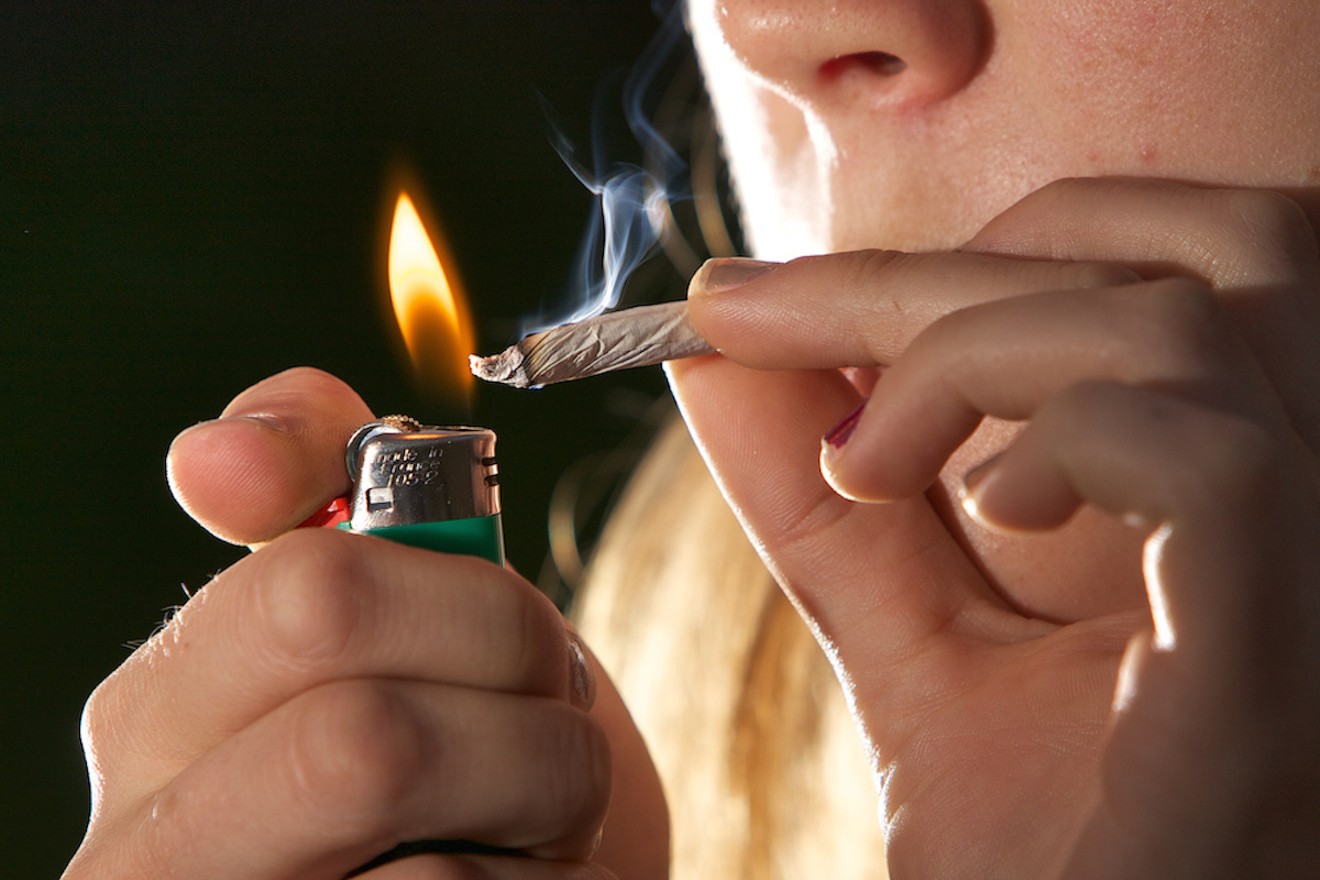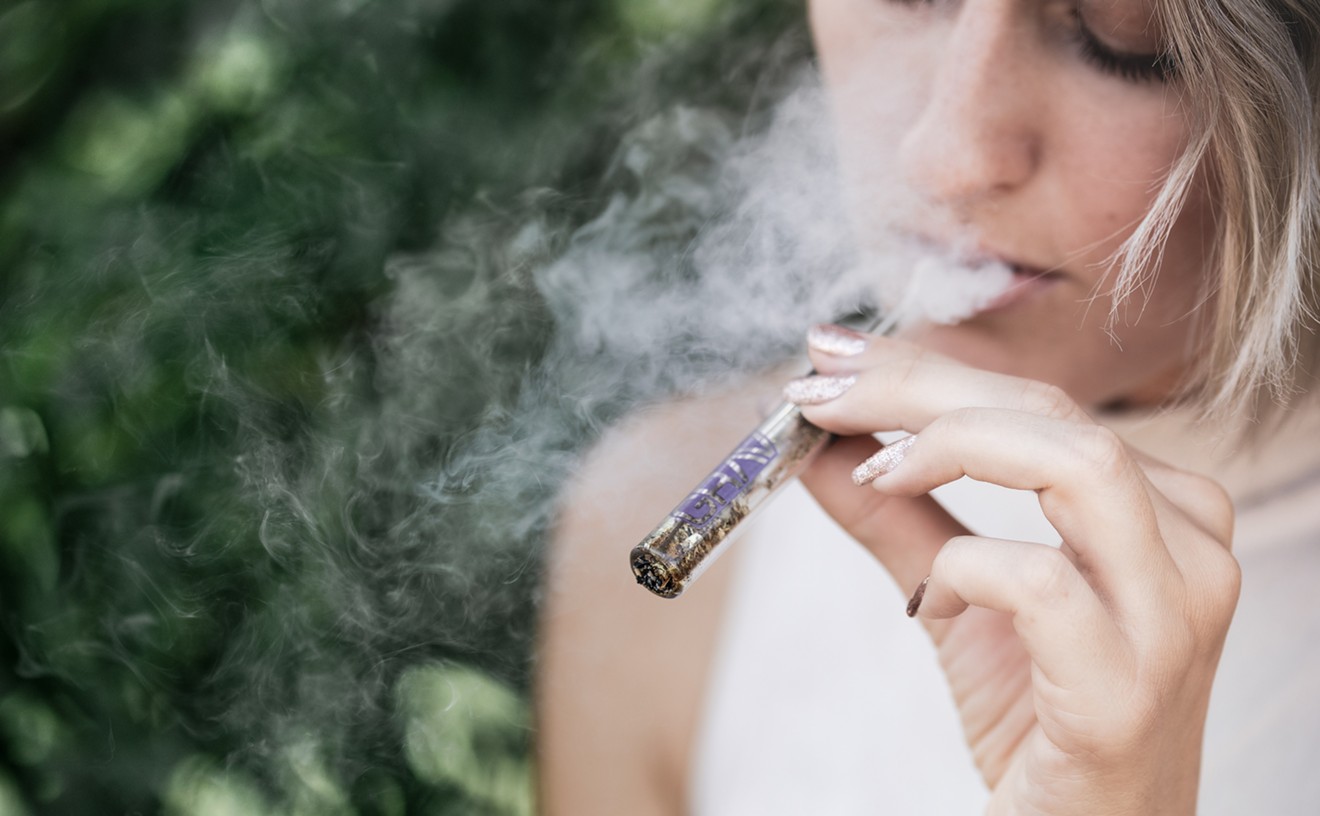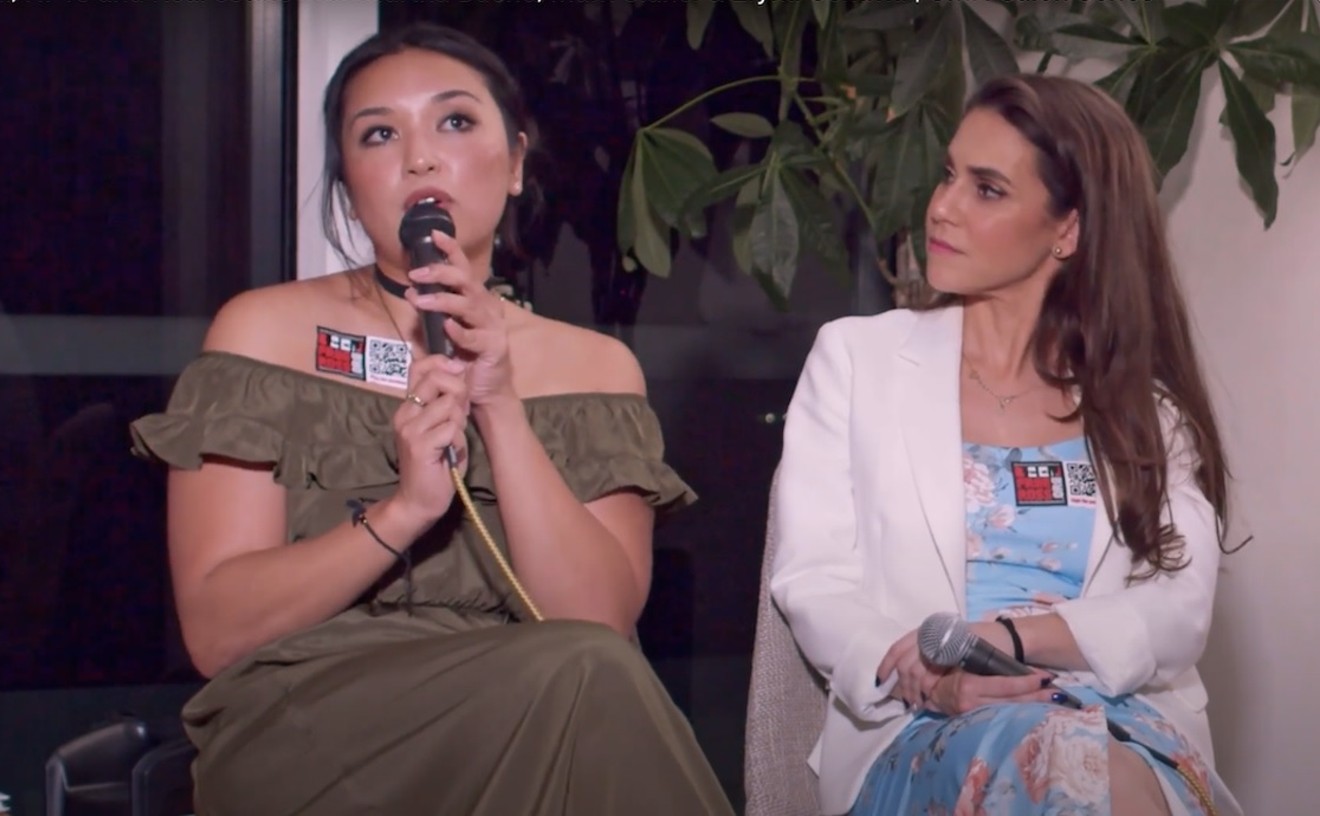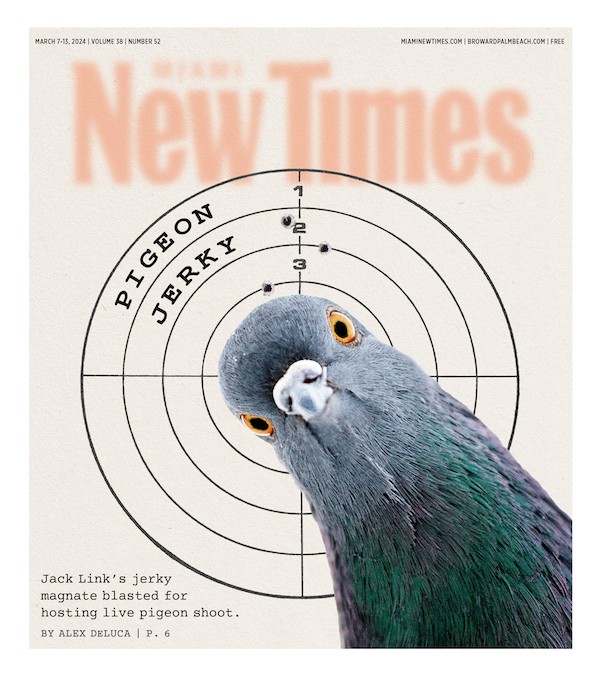For years, Florida cannabis groups and reform-minded legislators have tried — and failed — to legalize cannabis for recreational adult use in the state.
In 2019, one valiant ballot initiative effort by Regulate Florida died due to a lack of signatures. In 2021, the Florida Supreme Court rejected two separate ballot proposals for vague or confusing language.
The latest attempt to legalize recreational cannabis, known as the Smart & Safe Florida initiative, is now making its way towards the Florida Supreme Court after garnering enough signatures for judicial review.
This puts the state just a smidge closer to legalizing recreational weed. If given the green light by the high court justices, the measure would still need hundreds of thousands more signatures before officially making it onto ballot. The measure has been bankrolled by cannabis giant Trulieve, which has poured more than $20 million into it since last August.
If you're feeling a sense of déjà vu, or perhaps a bit stoned, that's because we've been here before.
Florida law requires proposed ballot initiatives to have about 223,000 voter signatures to qualify for review by the Florida Supreme Court and approximately 891,000 to get on the ballot. In judicial reviews of initiatives, the court evaluates whether a measure satisfies clarity requirements and the single subject rule, which ensures that the initiative is centered on one issue.
In 2021, the Florida Supreme Court struck down two separate initiatives: one by the group Sensible Florida, after finding some of its wording to be vague and misleading, and another by Make It Legal, over concerns that its language would confuse people regarding the federal legal status of marijuana. The latter had received nearly 600,000 signatures.
Some have high hopes for this latest legalization effort. But what makes it different, and is it doomed to the same fate as its predecessors?
Cannabis law attorney Sally Kent Peebles says that unlike past attempts, this initiative was crafted using straightforward, barebones language to avoid violating the single subject and clarity rules.
"This time around they've got the benefit of seeing what the Supreme Court really had issues with," Kent Peebles tells New Times. "And so they made it incredibly simple."
Because the proposal includes neither a provision to loosen the regulatory barriers to opening dispensaries nor a clause to allow Floridians the opportunity to grow their own marijuana, not everyone is on board.
As previously reported by New Times, a number of marijuana activists feel the initiative is just another way for Trulieve to line its pockets. The corporation, by far the largest cannabis company in the state, owns 124 of the state-licensed 524 medical marijuana dispensaries.
"It's hostile to small business. All this initiative really does is allow existing operators like Trulieve that already are in a limited-competition state to also sell to tourists and other people coming into Florida," cartoonist Brian Brown, whose work features cannabis law themes, told New Times this past August.
Of the 21 states where recreational cannabis is legal, more than half allow users to grow their own marijuana.
Kent Peebles says the reason the home-grow aspect wasn't included in the measure is that it would potentially violate the single subject rule — hence why the language is being kept so uncomplicated.
For now, she hopes that people stop worrying about the next rung in the ladder and keep in mind that marijuana legalization tends to progress in baby steps (a slow burn, if you will).
"Let the people make this big change first," Kent Peebles says.
Marijuana
Is Florida Finally Going to Legalize Recreational Weed?
Can Florida seal the deal on recreational weed legalization this time around?

Some have high hopes for its success this time. But what makes this effort different?
photo by Chuck Grimmett via Flickr CC
[
{
"name": "Editor Picks",
"component": "17482312",
"insertPoint": "4",
"requiredCountToDisplay": "1"
},{
"name": "Inline Links",
"component": "18711090",
"insertPoint": "8th",
"startingPoint": 8,
"requiredCountToDisplay": "7",
"maxInsertions": 25
},{
"name": "Air - MediumRectangle - Combo - Inline Content",
"component": "17482310",
"insertPoint": "8th",
"startingPoint": 8,
"requiredCountToDisplay": "7",
"maxInsertions": 25
},{
"name": "Inline Links",
"component": "18711090",
"insertPoint": "8th",
"startingPoint": 12,
"requiredCountToDisplay": "11",
"maxInsertions": 25
},{
"name": "Air - Leaderboard Tower - Combo - Inline Content",
"component": "17482313",
"insertPoint": "8th",
"startingPoint": 12,
"requiredCountToDisplay": "11",
"maxInsertions": 25
}
]










